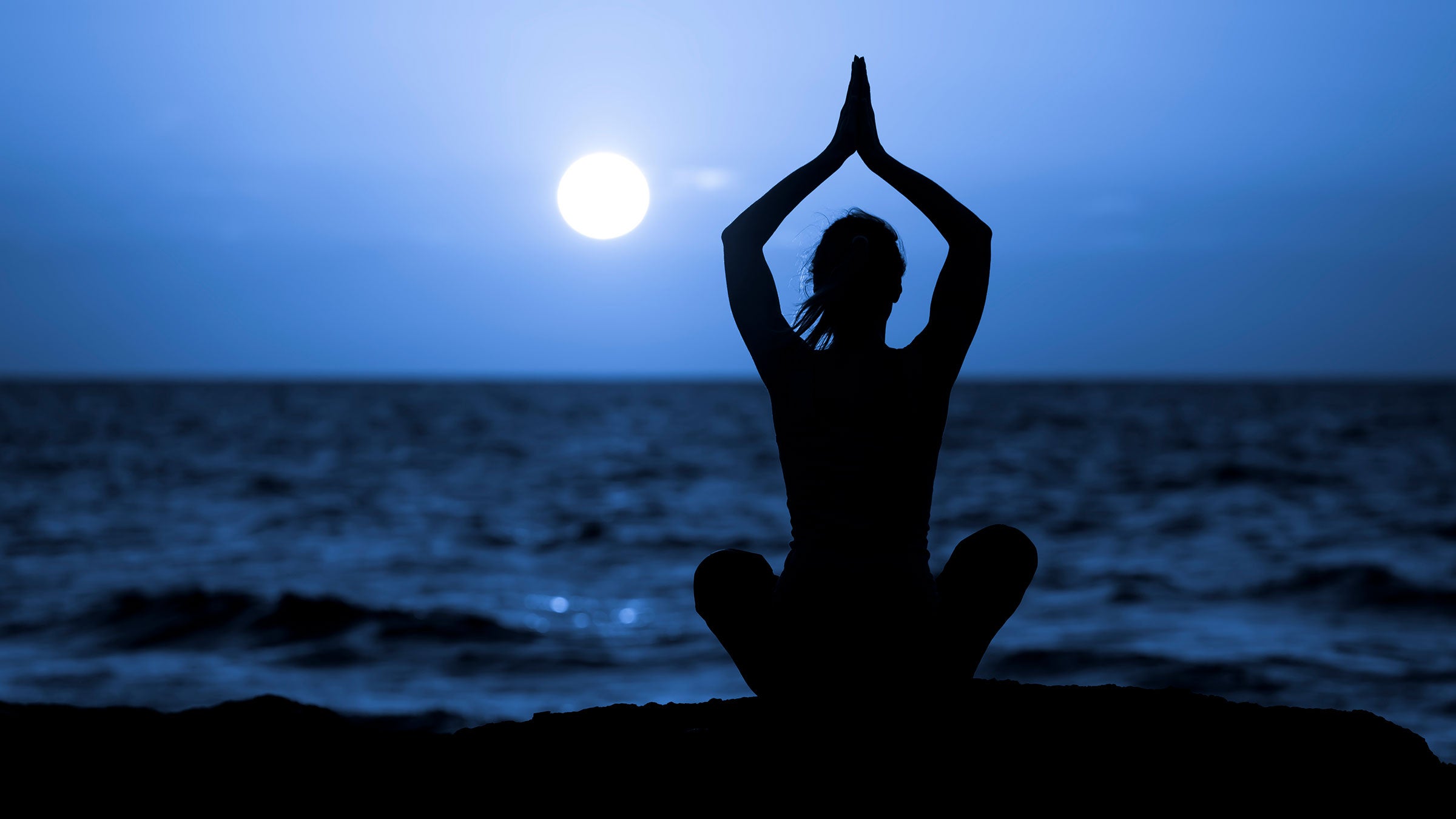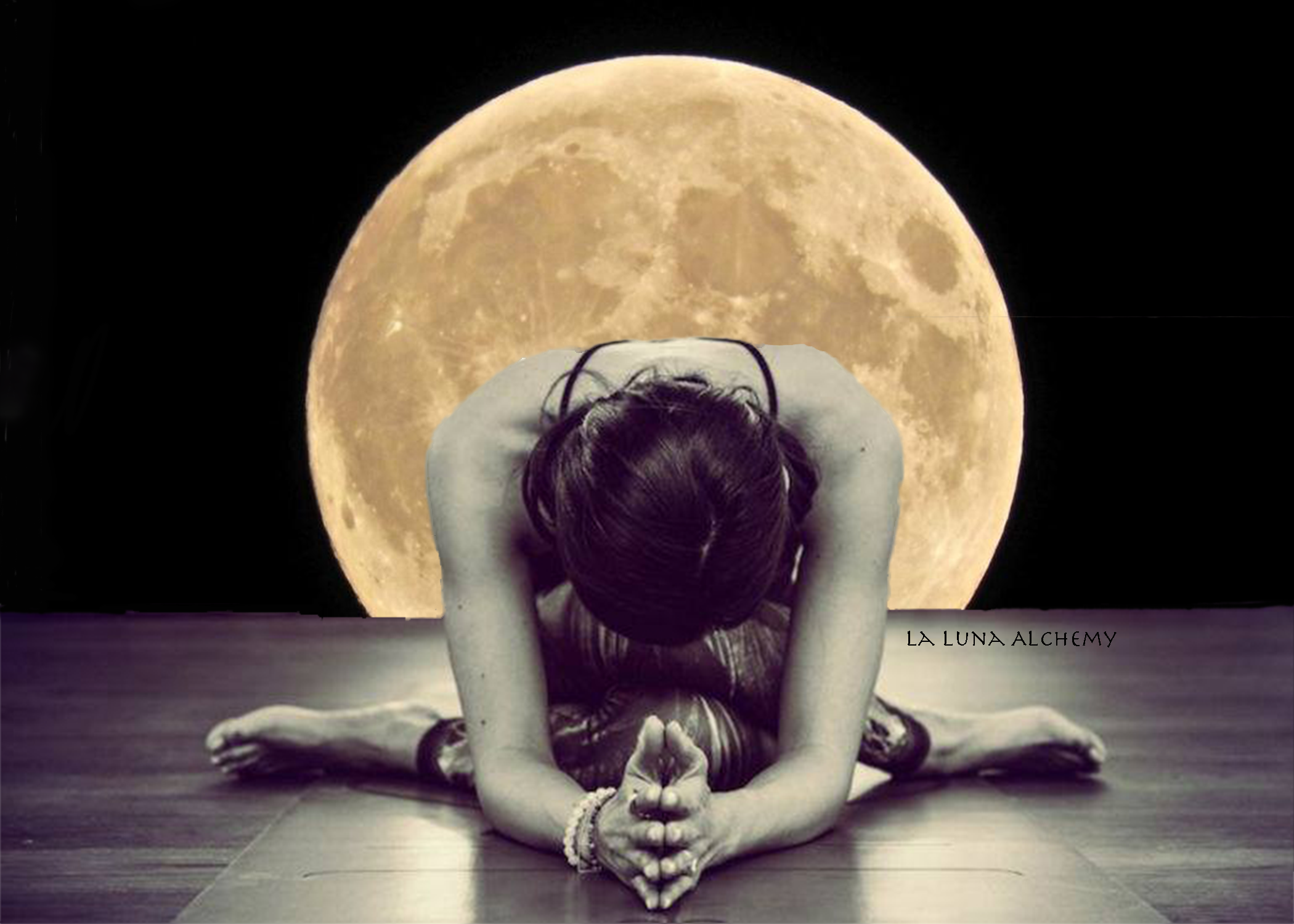Traditionally, Ashtanga Yoga is not practised on moon days because the lunar cycles have a strong affect on our personal energy.
Which days should we not practice Ashtanga?
Ashtanga yoga practitioners do not practice on the days of the new or full moon (learn why). Rest on the day on which your regular practice time is nearest the new or full moon. Check your local studio's observed moon days.
Why don't you do yoga on a full moon?
In Ashtanga Yoga, practitioners are advised against the full physical practice on the new moon and full moon days. They advise extra care and caution, due to what they say is the effect on our internal energies or how we are affected by the polar energies ( like the sun and moon).
Why Ashtanga will never be popular?
Physical injury: Ashtanga yoga is a physically demanding practice that involves repetitive movements and can lead to injury if not done properly. Some practitioners may have experienced injuries or pain that led them to quit the practice.
Who should not do Ashtanga yoga?
People experiencing headaches should not practice Ashtanga yoga. If you have injured your shoulder or knee in any way, you should avoid practising this form of yoga. Pregnant women should not practice Ashtanga yoga.
Why shouldn't you do yoga on a full moon?
The pull of the moon at its biggest is thought to boost your energy, leading us into a yoga practice so dynamic we're more likely to injure ourselves. This thinking comes from Pattabi Jois, the founding father of the Ashtanga Vinyasa tradition, which is why many ashtangis rest on full moon days.
This was the mantra at our full moon yoga ritual.
— 🇨🇴Gianni right?🇨🇴 (@SubtitledAnime) November 27, 2023
It was about letting go, forgiveness and love and its hard not to immediately think of Nozomi. Liz is special to me that even when its not forefront in my mind its always present in my heart and I connect with it in my life
What is the significance of the new moon in yoga?
While a full moon is a symbol of completion of a cycle, a new moon is a time for clearing, letting go doubts, fears, insecurities, relationships, behavioral patterns, or anything not serving your highest potential to clear space for bigger things to come.
Frequently Asked Questions
Can you do yoga on a new moon?
A New Moon yoga practice, calls for you to seek ease. You may find that your energy is lower and emotions are heightened, offering an opportunity to rest and reflect. Practices that draw energy inward, encourage reflection and prioritise nourishment suit best.
Why does Ashtanga not practice on moon days?
Traditionally, Ashtanga Yoga is not practised on moon days because the lunar cycles have a strong affect on our personal energy.
What should you avoid during a full moon?
What not to do on a full moon, according to astrologers
- Seek new beginnings. A full moon isn't the time to set something new in motion.
- Initiate intense discussions.
- Consume mind-altering substances.
- Overextend yourself.
- Rush the process.
- Prioritize your sleep.
- Practice shadow work.
- Take a moon bath.
Why don't practice Ashtanga on moon days?
Traditionally, Ashtanga Yoga is not practised on moon days because the lunar cycles have a strong affect on our personal energy.
FAQ
- Can I practice Ashtanga on full moon?
- The full moon is a time of heightened strength and energy and due to this dramatic shift, it is advised to take rest from practice. It is also said that practitioners are more likely to injure themselves on moon days. Practicing asana and meditation over time makes us more attuned to these natural cycles.
- What is moon Day in yoga?
- As a matter of fact this day of the moon was often used for alternative practice of spiritual kind, such as prayer or types of worship. In the yogic tradition moon days might be a day where we turn our focus to Kriya Yoga's other two pillars - Svadyaya and Isvarapranidhana (Patanjali's Yoga Sutra 2:2)
- What is the energy of the moon in yoga?
- Some choose to use the full moon energy as a theme in their yoga practice and incorporate more twists and deep openings into their physical practice to help release internal gunk and stagnant energy. This is also a wonderful time to weave manifestation meditation and rituals and on your mat.
Why no yoga on full moon
| Why is yoga not allowed on a full moon? | In Ashtanga practice, yogis abstain from doing yoga on full moon days because this is one of the most advanced forms of yoga and therefore the risk of injury is greater and so they use full moon days as rest days. All other types of yoga are encouraged during this moon phase. |
| What is a moon day in yoga? | As a matter of fact this day of the moon was often used for alternative practice of spiritual kind, such as prayer or types of worship. In the yogic tradition moon days might be a day where we turn our focus to Kriya Yoga's other two pillars - Svadyaya and Isvarapranidhana (Patanjali's Yoga Sutra 2:2) |
| Should you practice yoga on a new moon? | You can think of the new moon as “day zero,” a dark phase in the lunar cycle where we can use our yoga practices to help us turn inward and plant the seeds of our intentions. This might involve asking ourselves challenging questions like: What do I need more of? |
- Why not practice yoga on moon days?
- Practicing yoga over time creates a greater sensitivity towards energetic movements and influences. And because of these differences in energies the practitioners are more likely to injure themselves on moon days so it is advised to take rest from asana practice.
- What is the importance of moon in yoga?
- In Hatha Yoga, there is exertion and relaxing representing the opposites within us. The Moon exerts a gravitational pull on the Earth. With the different positions of the moon, we feel different energies. The full moons are similar to our breathing cycle.
- What should you not do on a full moon?
- What not to do on a full moon, according to astrologers
- Seek new beginnings. A full moon isn't the time to set something new in motion.
- Initiate intense discussions.
- Consume mind-altering substances.
- Overextend yourself.
- Rush the process.
- Prioritize your sleep.
- Practice shadow work.
- Take a moon bath.
- What not to do on a full moon, according to astrologers


